
Photo
White ibis use their long, curved bills to probe into the burrows of the fiddler crabs and pull them out to eat. IBIS. Along with the clapper rail, white ibis are the major bird consumers of the salt...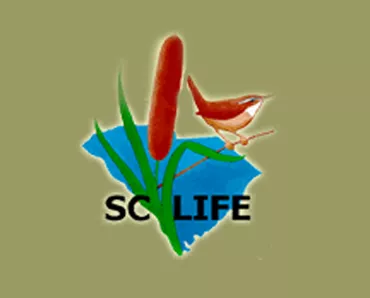
Take a virtual field trip to a South Carolina cove forest and a salt marsh. These virtual field trips were produced in collaboration between Clemson University's SC LIFE Project and South Carolina ETV. The virtual field trips were designed specifically for schools lacking easy access to natural areas.
The SC LIFE Project, supported by an award to Clemson University from the Howard Hughes Medical Institute Undergraduate Science Education Program, uses the natural history of South Carolina (and the Southeast) to illustrate basic biological concepts and to stimulate inquiry-based learning. The SC LIFE Program serves elementary, middle and high school students and teachers. The target grade level of the SC LIFE Virtual Field Trips content is middle school.
SC LIFE materials are available for use only in non-profit educational activities. Any other uses, including activities involving fees for instruction and/or materials, must receive permission from the SC LIFE Project Director. Contact SC LIFE Project Office, 132 Long Hall, Clemson, SC 29634, 864-656-4224, with questions about any of our SC LIFE materials or programs.

Photo
White ibis use their long, curved bills to probe into the burrows of the fiddler crabs and pull them out to eat. IBIS. Along with the clapper rail, white ibis are the major bird consumers of the salt...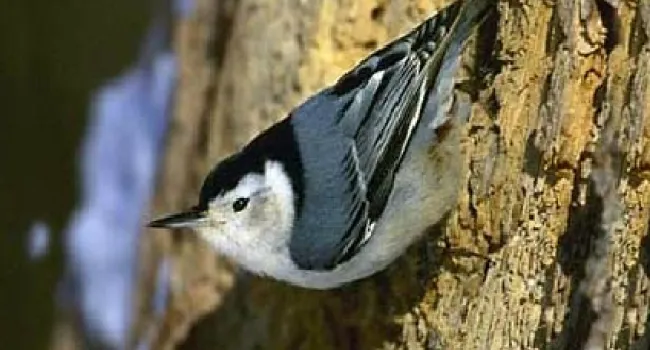
Photo
(Sitta carolinensis) Typically found in mature hardwood forests. Forages for insects on the trunk and large branches of tress by hopping up and down clinging to the bark. In the winter stores or...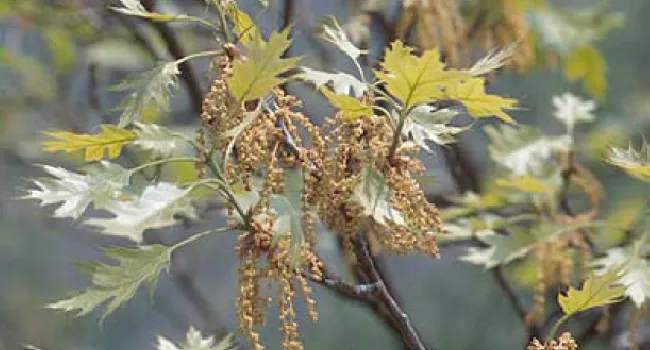
Photo
Trees, such as oaks and hickories, and herbaceous plants such as grasses and sedges have small inconspicuous flowers that lack nectar, odor and bright colors. Because these plants are wind-pollinated...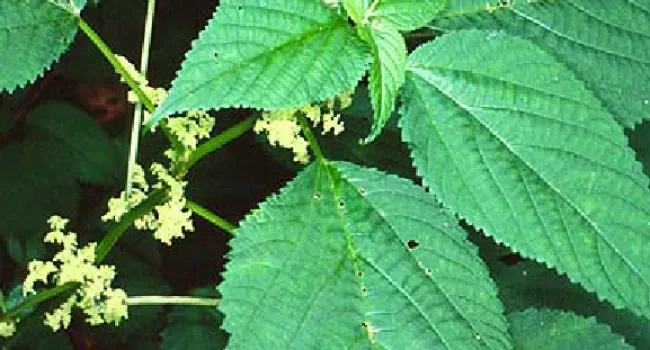
Photo
(Laportea canadensis) This is a plant that you may not want to touch as stinging hairs cover its stems and leaves. Why does it sting? One hypothesis is that its hairs deter some animals from feeding...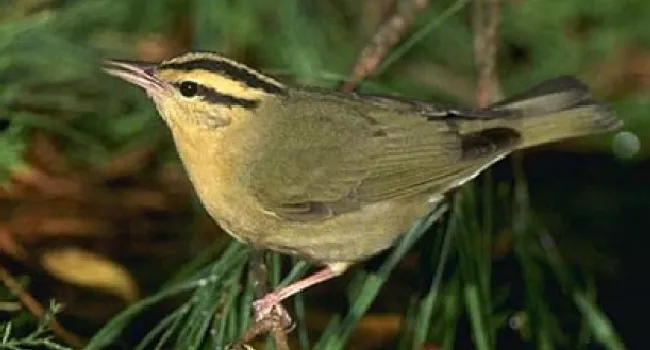
Photo
(Helmitheros vermivorus) An insect eater that does not feed heavily on earthworms. Most feeding is concentrated at the ground or shrub levels. Prefers dense wooded areas, especially cool, shaded...
Photo
(Aseculus flava) The palm-shaped leaves of this deciduous tree are divided into 5-7 large leaflets. Yellow buckeye is one of the first trees to leaf-out in the spring. It produces clusters of tubular...
Photo
(Cypripedium calceolus var. pubescens) This native orchid is a joy to see in its native habitat. The large yellow flowers with a conspicuous pouch depend on deception for pollination as it offer no...